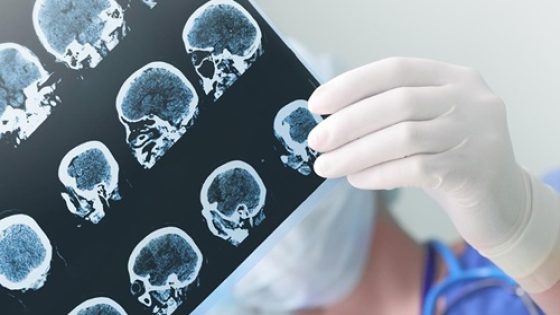A remarkable event took place on February 17, 2025, when a 34-year-old Ghanaian patient successfully underwent brain tumour surgery without a blood transfusion. How did medical professionals navigate such a complex procedure while respecting the patient’s religious beliefs? This successful surgery highlights the incredible advancements in medical techniques and the importance of understanding patient needs.
- Ghanaian patient undergoes surgery without transfusion
- Complex brain tumour surgery performed in Bengaluru
- Meningiomas can cause severe neurological issues
- Surgical team managed significant blood loss
- Patient recovered well without complications
- Importance of respecting patient beliefs highlighted
Ghanaian Patient Achieves Successful Brain Tumour Surgery Without Blood Transfusion
How can a patient undergo a major surgery without receiving blood? This question was at the forefront during a recent operation in India. A Ghanaian man, who follows Jehovah’s Witness beliefs, faced a serious health challenge with a large brain tumour. The surgery was a success, showcasing the dedication of the medical team and the importance of respecting patient beliefs.
Understanding the Challenges of Surgery Without Blood Transfusion
Operating on patients who refuse blood transfusions presents unique challenges. In this case, the Ghanaian patient had a meningioma, a type of brain tumour that can cause severe complications if not treated promptly. The surgical team had to employ innovative techniques to manage blood loss effectively. Here are some key points:
- Jehovah’s Witnesses refuse blood transfusions for religious reasons.
- The surgery involved a complex craniotomy to remove the tumour.
- Doctors monitored the patient closely to manage haemoglobin levels.
- Successful surgery can lead to positive outcomes without compromising beliefs.
What Are Meningiomas and Their Impact on Health?
Meningiomas are tumours that form in the protective membranes surrounding the brain and spinal cord. While they are typically non-cancerous, they can exert pressure on the brain, leading to serious health issues. Understanding the nature of these tumours is crucial for timely intervention. Key facts include:
- Meningiomas can grow slowly and often remain asymptomatic.
- Symptoms can include headaches, seizures, and neurological deficits.
- Prompt diagnosis and treatment are essential for recovery.
The Role of Medical Teams in Respecting Patient Beliefs
Medical professionals play a vital role in ensuring that surgeries respect patient beliefs. In this case, the surgical team used advanced techniques to minimize blood loss. The importance of communication and understanding cannot be overstated. Here’s why:
- Respecting beliefs fosters trust between patients and healthcare providers.
- Innovative techniques can lead to successful outcomes even in challenging situations.
- Education about patient beliefs is crucial for healthcare teams.
This extraordinary case illustrates the power of modern medicine and the importance of respecting individual beliefs in healthcare. As medical technology advances, it becomes increasingly possible to provide tailored care that meets the needs of diverse patients.































